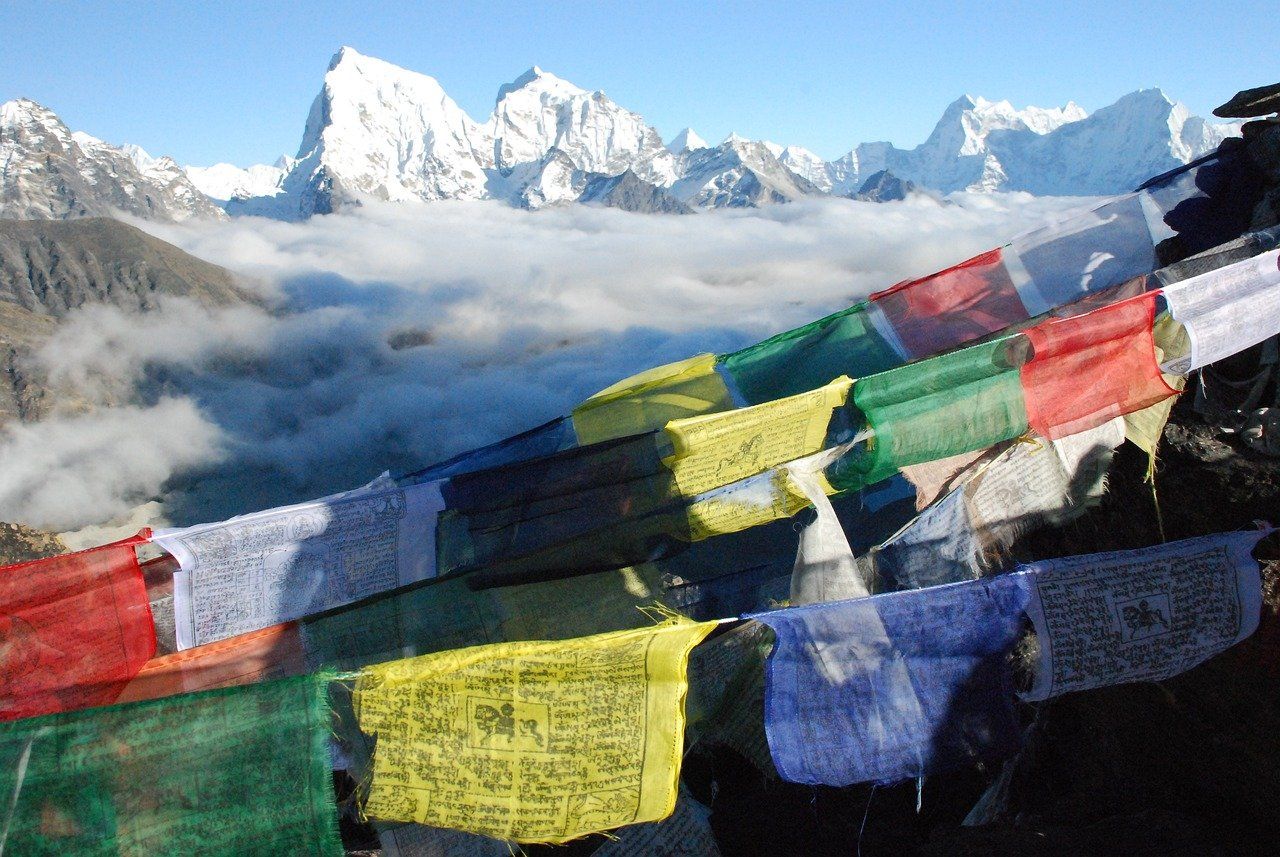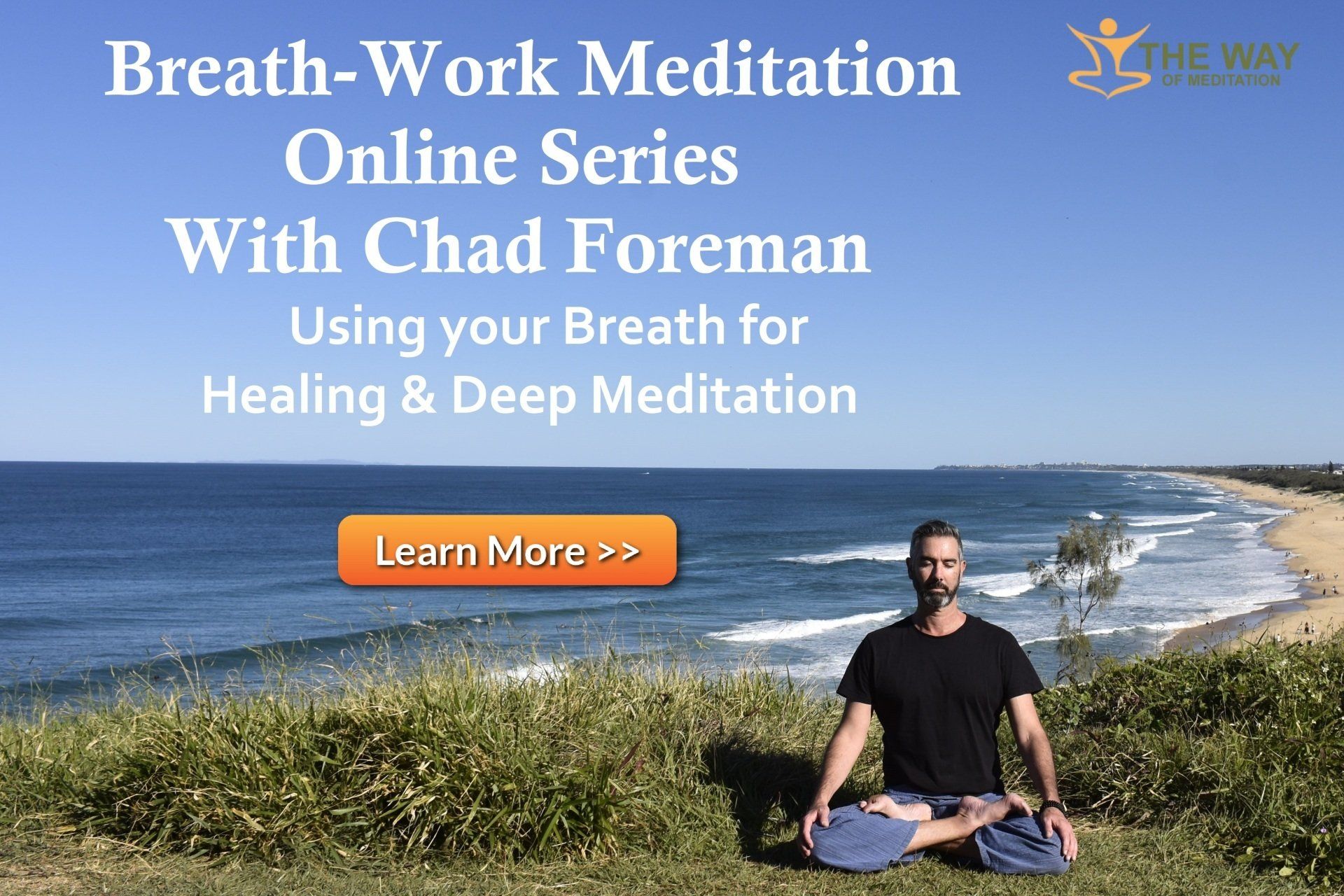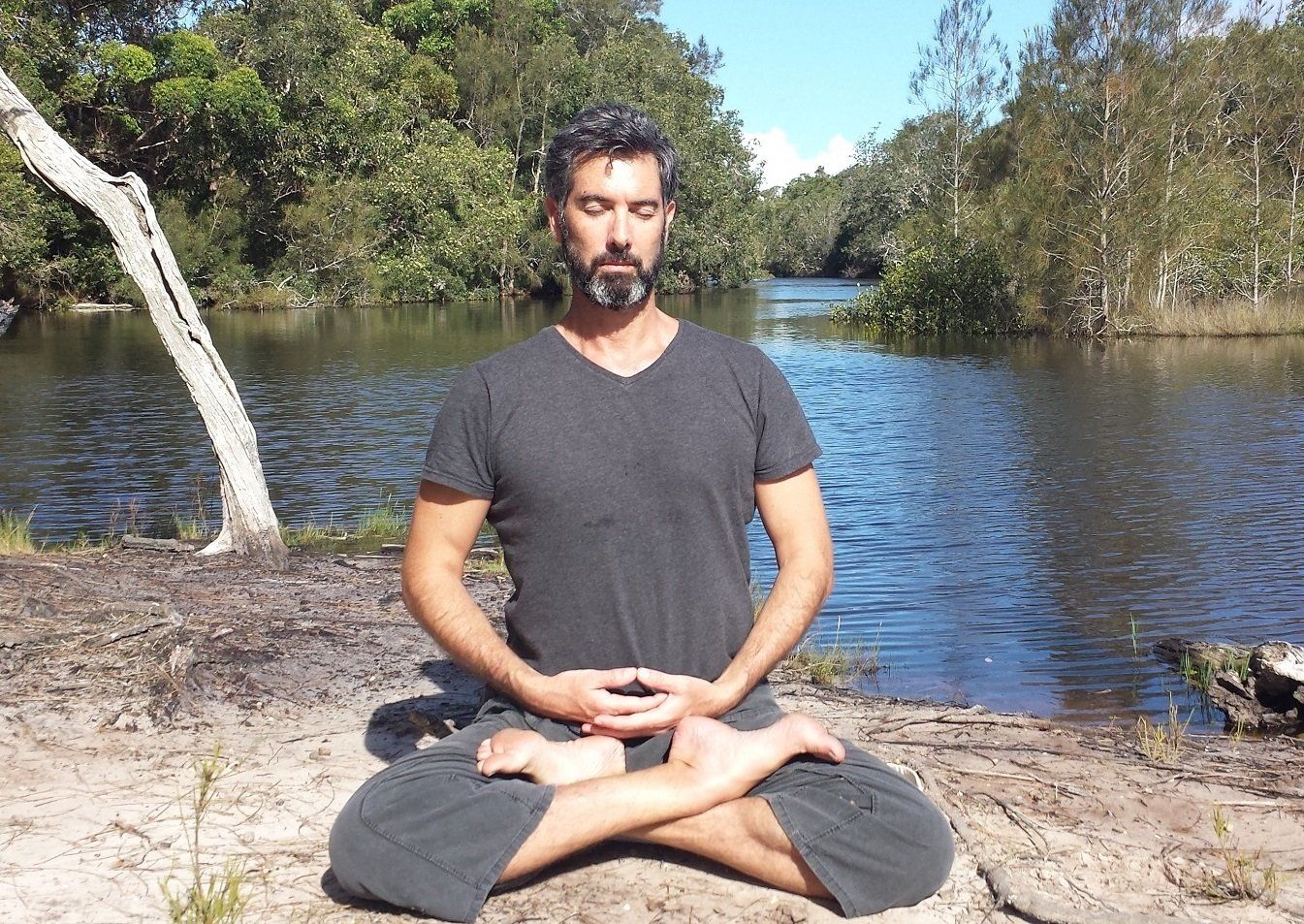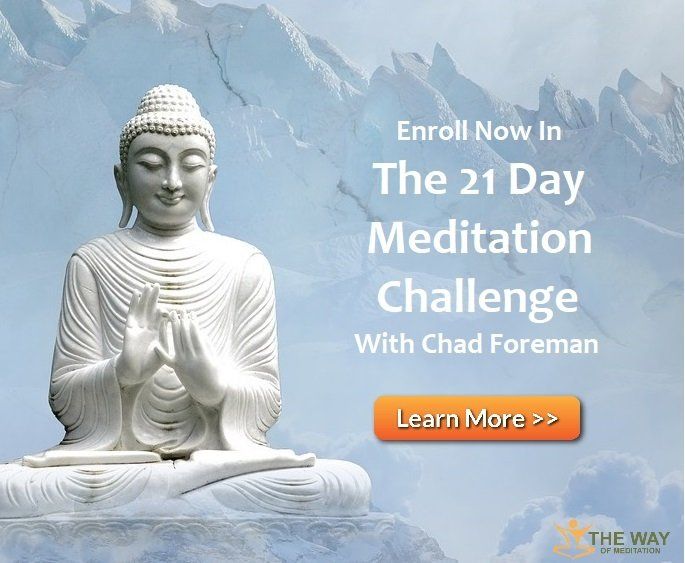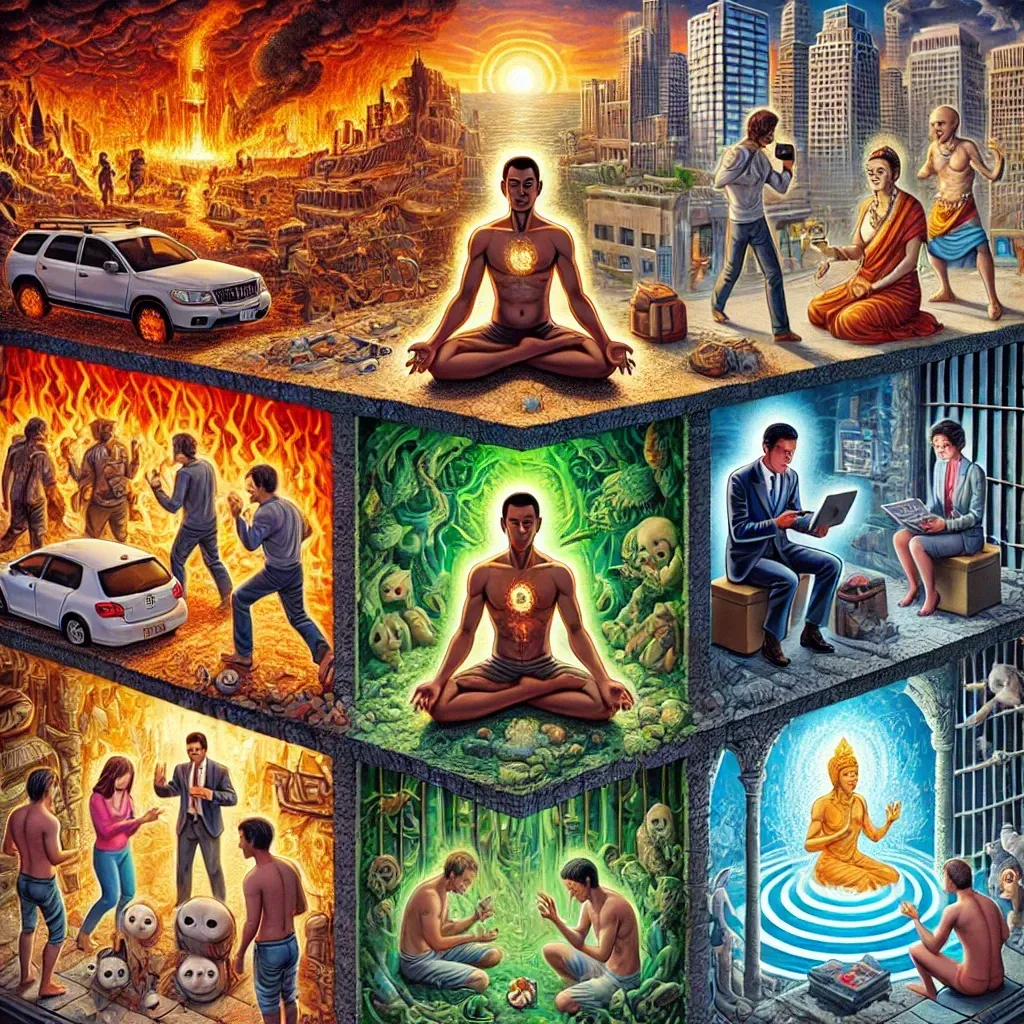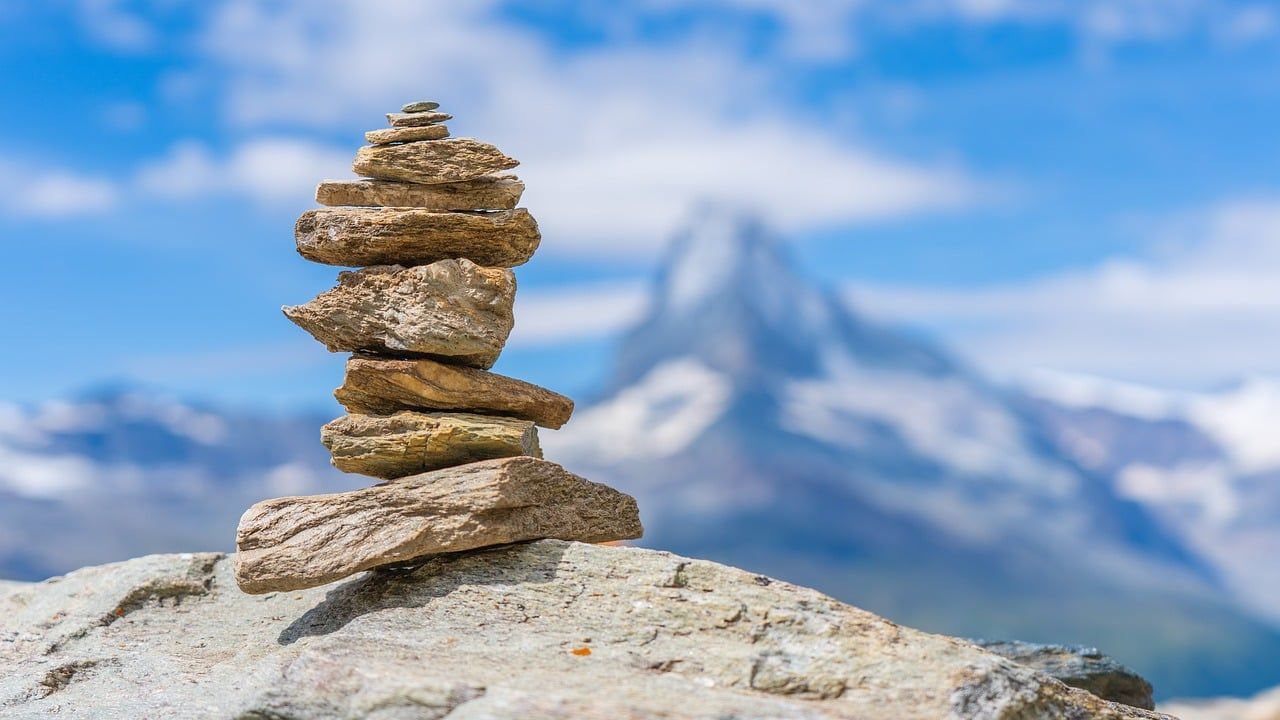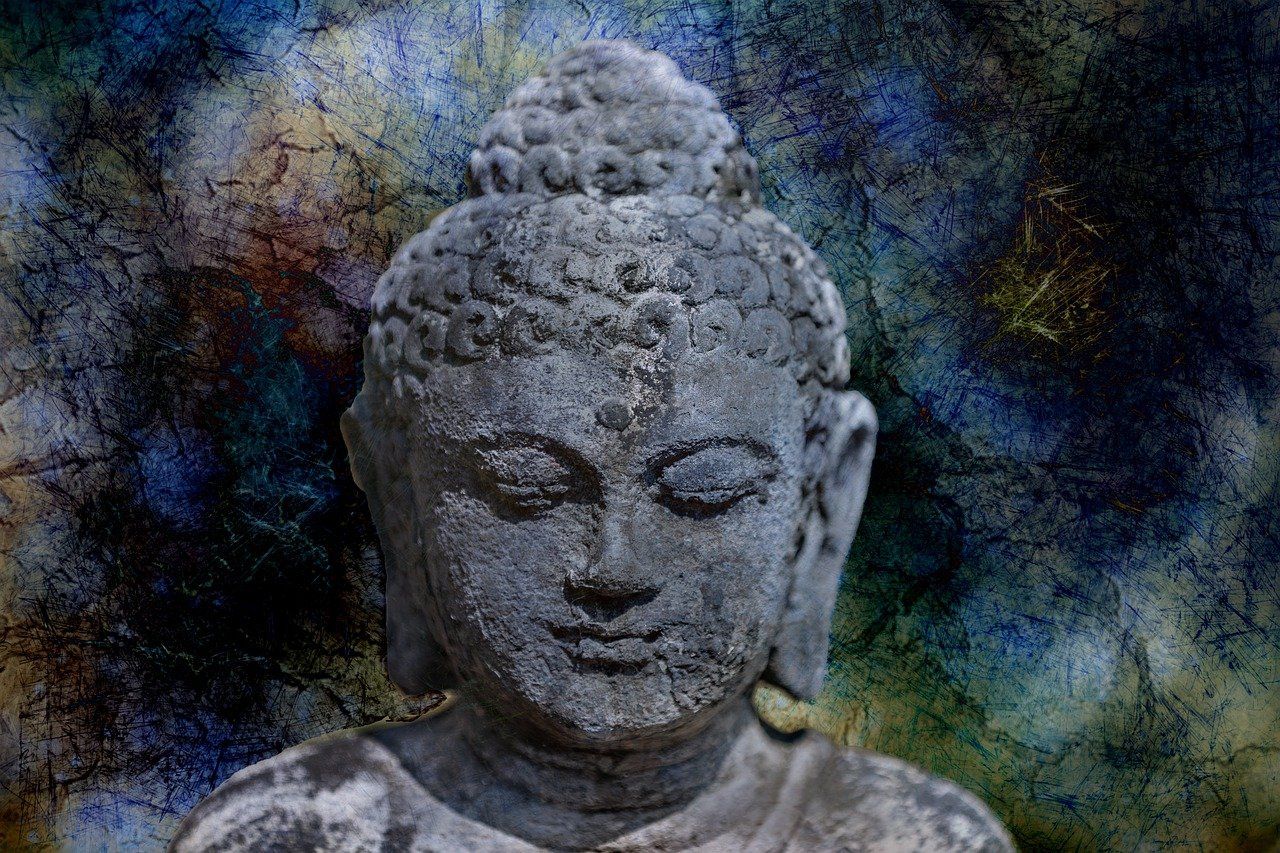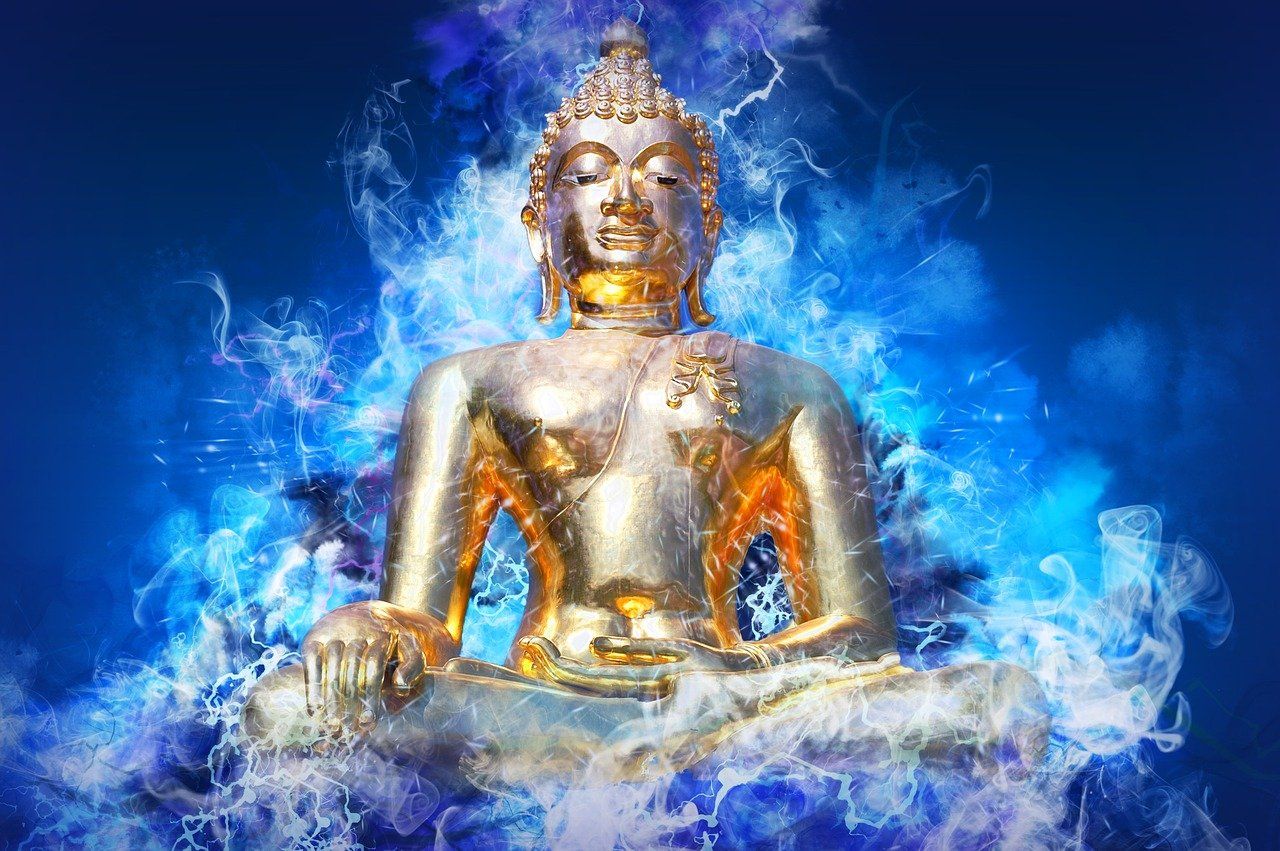The Way of Meditation Blog
Bringing Ancient Wisdom Into The Modern World
Meditation Has Become A Revolution
Chad Foreman • September 17, 2015
Meditation has the potential to be a catalyst and driving force behind revolution in many areas of life. Meditation teaches the skills and attitudes which oppose and counteract the prevailing forces of authority and inequality of our time and offers a sustainable solution to violence and ignorance. As the Dalai Lama says: “If every 8 year old in the world is taught meditation, we will eliminate violence from the world within one generation.”
The real revolution is in every heart and mind around the world and it is an inner revolution. The revolution that changes the inner seat of power from a centralised ego to an enlightened kind and wise expression of love itself. There cannot be an enlightened society without enlightened individuals, no matter how good the system is it will always be oppressive unless it is driven by the collective wisdom and compassion of the people.
Six Ways Meditation Is A Revolution
1) Civil Dissobediance
Meditation can be a catalyst for a political revolution though because it teaches people to be disobedient to thoughts. Where else is disobedience encouraged? Meditation teachers us not to believe in pre-conceived ideas or tradition and asks you to look at the situation with fresh eyes; to see things clearly. This is sometimes all that is needed to spark a revolution, like the story of the emperor wearing no clothes, finally the people realised they were being tricked and indeed the emperor was naked.
Just to see clearly the huge wealth inequality in the world without dismissing it or justifying it can bring about a radical shift in perspective. In fact today the gap between the ‘haves’ and the ‘have nots’ is the biggest gap in history. Meditation can facilitate a political awakening just by the ability for every day people to look with a fresh perspective and see the naked truth.
2) Economic Revolution
Fundamentally meditation teaches that happiness comes from a stable mind rather than from acquiring new or better things. This undermines the consumerist model of economics that relies on spending and consuming more and more. Meditation allows for the opportunity to be content with little and find total peace and happiness with very few material comforts. I wonder just how the economies of the Western blocks would cope if people where happier with what they had and could not be moved so easily to frivolously spend? Leading meditation teacher Alan B Wallace says
“A world that truly understands the nature of consciousness could shift away from the hedonistic treadmill of consumerism and toward the infinitely renewable resource of genuine happiness that is cultivated by training the mind.”
3) Equality
Buddha taught the revolutionary idea that through meditation enlightenment is available to every person regardless of social position or gender. This threatened the religious authorities of the day and spawned a tradition that has lasted 2,500 years.
At the heart of Buddha’s teaching was the idea that every human being has equal potential to become enlightened. The Way of Meditation is a religious revolution because meditation puts you directly in touch with the absolute – a direct line to God without any ‘middlemen’. Meditation empowers people to trust their own wisdom and not have to rely on gurus, churches, or government. Of course, instructions and a teacher are important for meditation practice but essentially the source of freedom, wisdom and the ultimate is directly available within all of us through our own efforts.
The ability to calm and settle one’s own mind down from neurosis also empowers people to be their own therapist. Meditation Masters say that by stabilising mindfulness a person is not troubled by disturbing thoughts or emotions. These claims have now been heavily tested with scientific experimentation and the results seem conclusive that meditation is a boon for mental and emotional good health. Therapeutically, mindfulness meditation has been nothing less than a revolution in the field of psychotherapy.
Mindfulness-based therapies are heralded as the third wave after Freudian psychology and Skinner’s behaviourism. There has been extensive scientific research carried out on meditation and mindfulness practices that clearly suggest that meditation improves a variety of mental health disorders, particularly stress and anxiety related illness. Meditation has had considerable success in drug rehabilitation and is even being used by major corporations like Google to help its employees with creativity, productivity and stress relief.
4) Environmental Awareness
“There’s a revolution that needs to happen and it starts from inside each one of us. We need to wake up and fall in love with Earth. Our love and admiration for the Earth has the power to unite us and remove all boundaries, separation and discrimination. We need to re-establish true communication–true communion–with ourselves, with the Earth, and with one another as children of the same mother.”
5) Mass Global Meditations
There is even an ancient science behind these discoveries that show how tapping into a universal energy field at the source of all things can actually effect the physical world. It is called subtle activism and everyone can participate. However the Dalai Lama has warned that praying and meditating is not enough and once a vision of peace and unity has been established within the minds and hearts of millions of people around the world action is needed to create the social structures and organisations that do the work of exposing and stopping violence, corruption and exploitation.
6) Attention Revolution
Alan Wallace warns us that we are in the midst of an attention deficit epedemic. Acedemics are reporting that the average human's attention span has dramically reduced of the years; in fact even by 25% in the last 15 years. The rates of children being diagnosed with ADHD ( Attention deficit hyperactivity disorder) is crazy. Psychologist's suggest 25% of children in Australia have ADHD and we have a large portion of a generation drugged because they cannot pay attention. This is a mental health crisis that requires a revolutionary direction.
Mindfulness meditation training in schools is the key to overcome ADHD and other related attention disorders. Reports show children can not only self regulate their emotions better but they also use mindfulness to manage stress and help to relax.
Meditation helps to find a basic sanity, an ability to rest calmly and undisturbed in the present moment. Starting to connect with this basic sanity is the role of mindfulness meditation leading you from confusion to a clarity of mind which is as simple as it lucid.
The bases of meditation is mindflness training. The literal training in a stable attention. In fact mindfulness meditation's specific purpose is to increase concentration and the ability to manage distraction. From this perspective, it seems meditation is a basic skill neccesary to counter-act a scattered distraction attention and potentially a non pharmaceutical alternate to help children and adults develop clear focus and stable attention.
Conclusion
Might meditation provide the missing peace that helps unite our deeply fragmented and troubled world? Freedom has long been the goal of spiritual seekers throughout history, and freedom is always a revolution. Meditation allows for a complete turning around in your own seat of consciousness to view and experience the world differently through the insights of meditation. The Way of Meditation is a radical re-orientation of perspective, a chance to blow away old paradigms and start fresh, a revolution that can happen every moment, a revolution that offers a direct experience of freedom via inner peace.
Just to be in the present moment and be content is a total revolution. The simplicity of satisfaction watching the next breath. Actions stemming from such a place are peaceful and effective. To be moved in this world by an inner spiritual force of calm and love is the only way to live a good life and truly move forward to create the society we would be proud to leave our children.
Written by Chad Foreman
Chad is the founder of The Way of Meditation and has been teaching meditation since 2003 and is determined to bring authentic meditation practices into the lives of millions of people in the modern world. Chad is a former Buddhist monk who spent 6 years living in a retreat hut studying and practicing meditation full time. Chad now offers Private Online Meditation Coaching and has also developed an incredible course called The 21 Day Meditation Challenge
to help guide people gradually from the basics of mindfulness and relaxation to profound states of awareness.
Get A FREE
Guided Meditation Series
with Chad Foreman
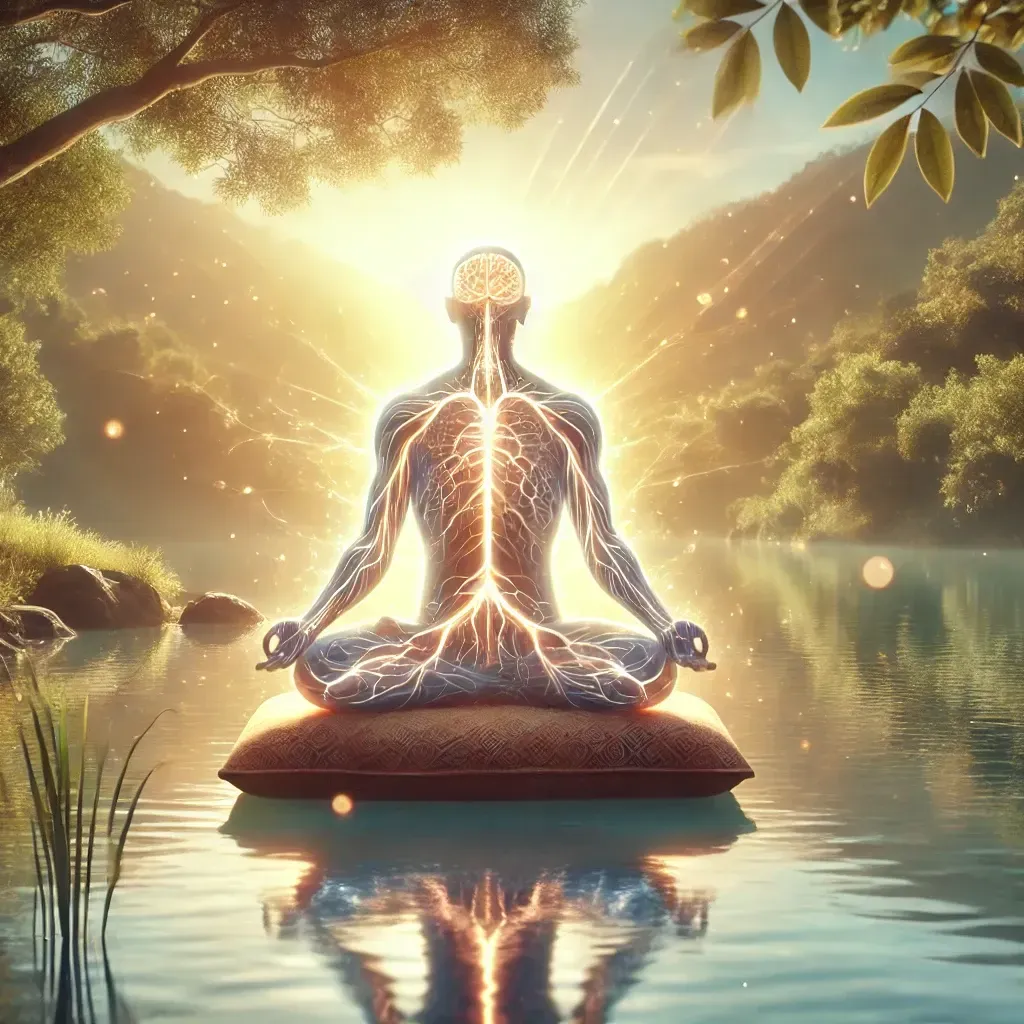
In today’s fast-paced world, the mind often races, driven by the demands of work, family, and personal ambitions. Meditation is commonly seen as a practice to calm the mind, foster inner peace, and connect with deeper aspects of existence. Yet, one crucial element often overlooked is the state of the body, particularly the nervous system. Relaxing the nervous system isn’t just a preparatory step; it is foundational for unlocking the deeper states of awareness and tranquility that meditation promises. Drawing insights from my journey and teachings, we will explore why this is so vital and how it transforms the meditative experience.



